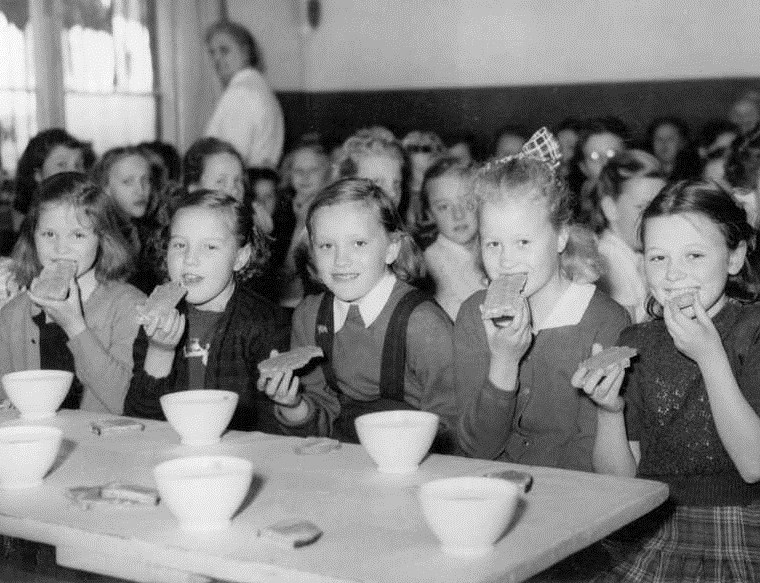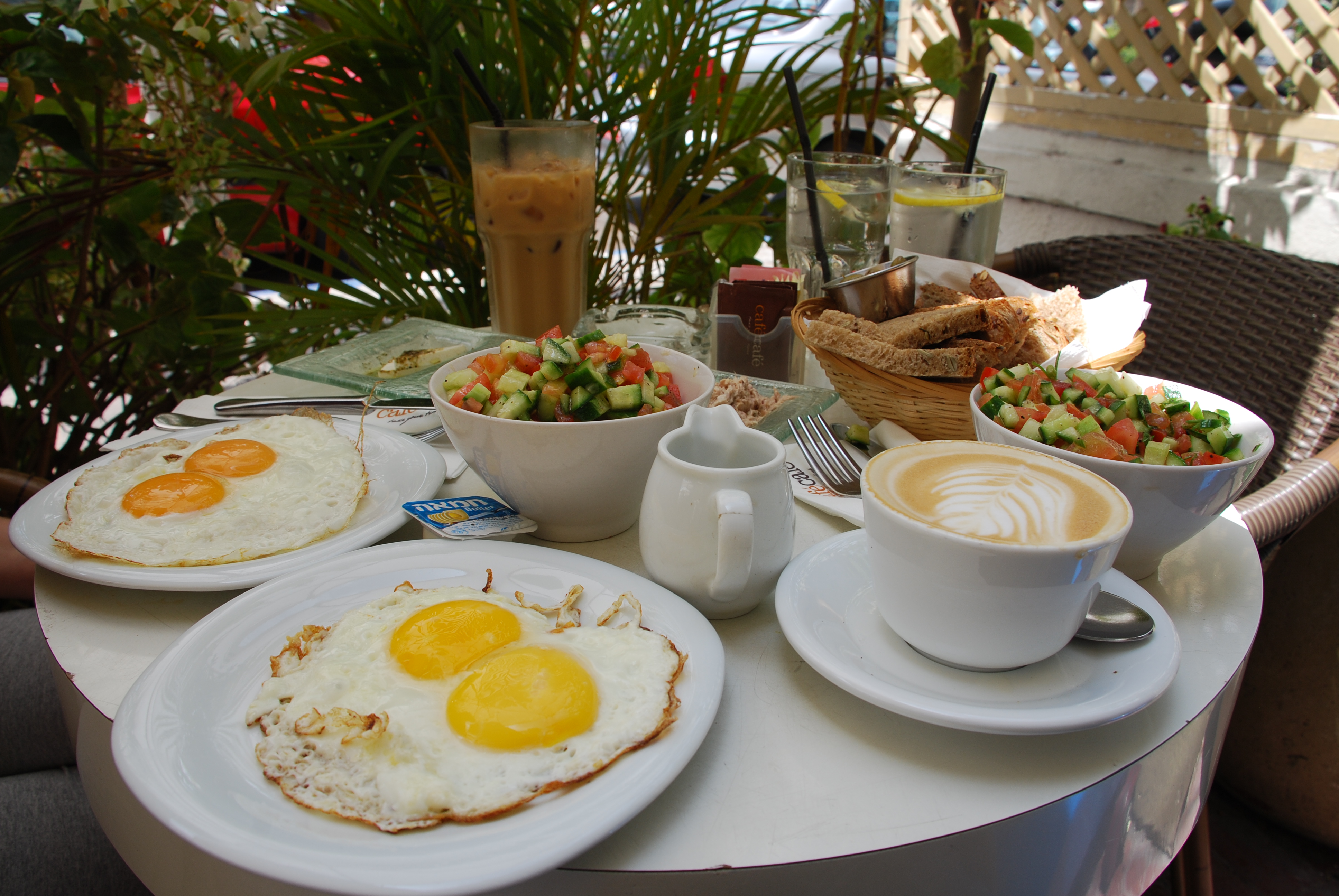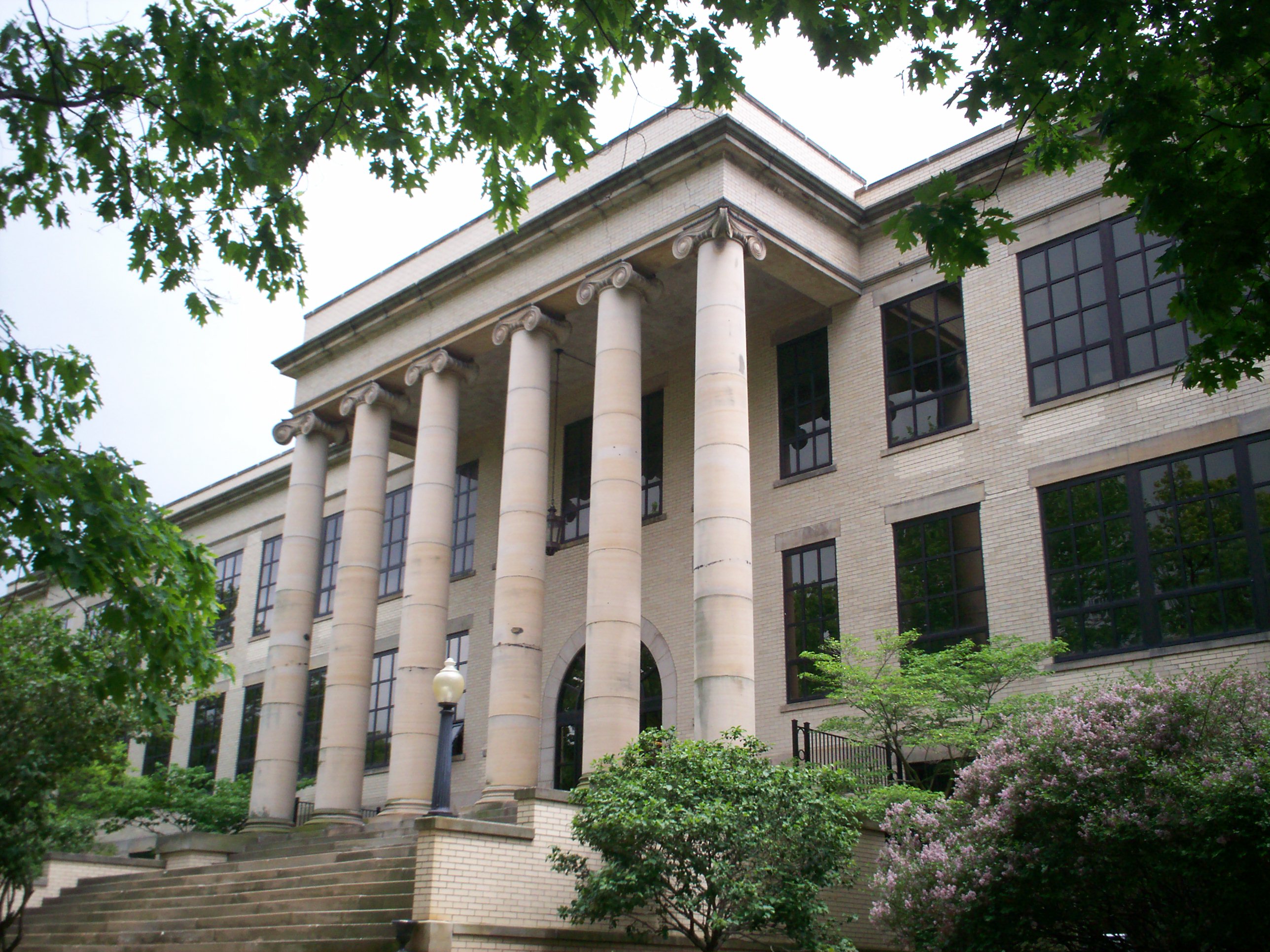|
Oslo Breakfast
The Oslo breakfast was a type of uncooked school meal developed in the 1920s and rolled out as a free universal provision for Oslo school children in 1932. It typically consisted of bread, cheese, milk, half an apple and half an orange. The original Norwegian name for the meal was ''Oslofrokosten'' ("the Oslo breakfast"). The Oslo breakfast had been designed by professor Carl Schiøtz to be as healthy as possible, with widely reported studies suggesting it delivered excellent results for the children's long-term health. During the 1930s the Oslo breakfast became famous and was copied by programs in Scandinavia, Europe, and the wider world. Many of these initiatives were small-scale, however, sometimes restricted to just a single school. By the late 1950s the provision of Oslo breakfasts by schools had largely ceased; sometimes they were replaced by more popular hot meals, or sometimes dropped altogether as rising prosperity meant the provision of free school meals was seen as les ... [...More Info...] [...Related Items...] OR: [Wikipedia] [Google] [Baidu] |
Axel Holst
Axel Holst (6 September 1860 – 26 April 1931) was a Norwegian Professor of Hygiene and Bacteriology at the University of Oslo. He was most known for his contributions to the study of the treatment of Beriberi and Scurvy. Biography Holst was born in Christiania (now Oslo), Norway. He was the son of Axel Holst (1826–80) and Anna Mathilde Charlotte Flemming (1832–97). He was the brother of the linguist Clara Holst and grandson of Frederik Holst. Both his father and grandfather were physicians. Holst attended Christiania Cathedral School (1877). He studied at Royal Frederick University (now University of Oslo) gaining his cand.med. in 1884. In 1887, he was awarded the Crown Prince's gold medal (''Kronprinsens gullmedalje''). He was granted his doctorate in 1892 involving the bacterium streptococcus. He was an assistant at the National Institute of Pathological Anatomy from 1885-89. During 1890-1892, he studied at various European laboratories including visits a ... [...More Info...] [...Related Items...] OR: [Wikipedia] [Google] [Baidu] |
History Of Oslo
Oslo ( , , or ; sma, Oslove) is the capital and most populous city of Norway. It constitutes both a county and a municipality. The municipality of Oslo had a population of in 2022, while the city's greater urban area had a population of in 2019, and the metropolitan area had an estimated population of in 2021. During the Viking Age the area was part of Viken. Oslo was founded as a city at the end of the Viking Age in 1040 under the name Ánslo, and established as a ''kaupstad'' or trading place in 1048 by Harald Hardrada. The city was elevated to a bishopric in 1070 and a capital under Haakon V of Norway around 1300. Personal unions with Denmark from 1397 to 1523 and again from 1536 to 1814 reduced its influence. After being destroyed by a fire in 1624, during the reign of King Christian IV, a new city was built closer to Akershus Fortress and named Christiania in honour of the king. It became a municipality (''formannskapsdistrikt'') on 1 January 1838. The city functi ... [...More Info...] [...Related Items...] OR: [Wikipedia] [Google] [Baidu] |
Free Meals
Free may refer to: Concept * Freedom, having the ability to do something, without having to obey anyone/anything * Freethought, a position that beliefs should be formed only on the basis of logic, reason, and empiricism * Emancipate, to procure political rights, as for a disenfranchised group * Free will, control exercised by rational agents over their actions and decisions * Free of charge, also known as gratis. See Gratis vs libre. Computing * Free (programming), a function that releases dynamically allocated memory for reuse * Free format, a file format which can be used without restrictions * Free software, software usable and distributable with few restrictions and no payment * Freeware, a broader class of software available at no cost Mathematics * Free object ** Free abelian group ** Free algebra ** Free group ** Free module ** Free semigroup * Free variable People * Free (surname) * Free (rapper) (born 1968), or Free Marie, American rapper and media pers ... [...More Info...] [...Related Items...] OR: [Wikipedia] [Google] [Baidu] |
Academic Meals
An academy (Attic Greek: Ἀκαδήμεια; Koine Greek Ἀκαδημία) is an institution of secondary or tertiary higher learning (and generally also research or honorary membership). The name traces back to Plato's school of philosophy, founded approximately 385 BC at Akademia, a sanctuary of Athena, the goddess of wisdom and skill, north of Athens, Greece. Etymology The word comes from the ''Academy'' in ancient Greece, which derives from the Athenian hero, ''Akademos''. Outside the city walls of Athens, the gymnasium was made famous by Plato as a center of learning. The sacred space, dedicated to the goddess of wisdom, Athena, had formerly been an olive grove, hence the expression "the groves of Academe". In these gardens, the philosopher Plato conversed with followers. Plato developed his sessions into a method of teaching philosophy and in 387 BC, established what is known today as the Old Academy. By extension, ''academia'' has come to mean the accumulation, dev ... [...More Info...] [...Related Items...] OR: [Wikipedia] [Google] [Baidu] |
School Terminology
A school is an educational institution designed to provide learning spaces and learning environments for the teaching of students under the direction of teachers. Most countries have systems of formal education, which is sometimes compulsory. In these systems, students progress through a series of schools. The names for these schools vary by country (discussed in the '' Regional terms'' section below) but generally include primary school for young children and secondary school for teenagers who have completed primary education. An institution where higher education is taught is commonly called a university college or university. In addition to these core schools, students in a given country may also attend schools before and after primary (elementary in the U.S.) and secondary (middle school in the U.S.) education. Kindergarten or preschool provide some schooling to very young children (typically ages 3–5). University, vocational school, college or seminary may be availabl ... [...More Info...] [...Related Items...] OR: [Wikipedia] [Google] [Baidu] |
Breakfast
Breakfast is the first meal of the day usually eaten in the morning. The word in English refers to breaking the fasting period of the previous night.Anderson, Heather Arndt (2013)''Breakfast: A History'' AltaMira Press. Various "typical" or "traditional" breakfast menus exist, with food choices varying by regions and traditions worldwide. History The English word "dinner" (from Old French ) also referred originally to breaking a fast; until its meaning shifted in the mid-13th century it was the name given to the first meal of the day. The tradition of eating a morning meal has existed since ancient times, though it was not until the 15th century that "breakfast" came into use in written English as a calque of dinner to describe a morning meal: literally a breaking of the fasting period of the night just ended. In Old English the term had been , literally "morning food." Ancient breakfast Ancient Egypt In Ancient Egypt, peasants ate a daily meal, most likely in the morning, ... [...More Info...] [...Related Items...] OR: [Wikipedia] [Google] [Baidu] |
School Breakfast Club
A school breakfast club is a provision for children to eat a healthy breakfast in a safe environment before their first class. The term "breakfast club" is commonly used to describe such facilities in the United Kingdom. Breakfast clubs generally enhance both academic performance and behavior, especially for children whose parents might not otherwise be able to afford to provide them with regular meals. Breakfast provision is however less prevalent compared with school lunch, both in the UK and worldwide. As of 2013, only about half the school children in the UK had access to a breakfast club. Attendance of a breakfast club is not mandatory; many parents prefer to feed their children at home. The clubs are often run by schools, but can also be community run. Schools themselves are the most common location for breakfast clubs, but they can also be found in churches, community halls or even commercial premises. Breakfast clubs are sometimes open to children from more than one ... [...More Info...] [...Related Items...] OR: [Wikipedia] [Google] [Baidu] |
List Of Breakfast Topics
This is an index of breakfast-related articles. Breakfast is the first meal taken after rising from a night's sleep, most often eaten in the early morning before undertaking the day's work. Among English speakers, "breakfast" can be used to refer to this meal, or to a meal composed of traditional breakfast foods (such as eggs, oatmeal and sausage) served at any time of day. B * Bed and breakfast * Beer soup * Breakfast * Breakfast cereal * Breakfast roll * Breakfast sausage * Breakfast tea :* English breakfast tea :* Irish breakfast tea * Brunch C * Champagne breakfast D * Dim sum E * Elevenses F * Free Breakfast for Children * Frühschoppen * Full breakfast G * General Mills monster-themed breakfast cereals H * History of breakfast I * Instant breakfast * Israeli breakfast L * List of breakfast beverages * List of breakfast cereal advertising characters * List of breakfast cereals * List of breakfast foods M * Midnight breakfast N * North Melbourne Gran ... [...More Info...] [...Related Items...] OR: [Wikipedia] [Google] [Baidu] |
Packed Lunch
A packed lunch (also called pack lunch, sack lunch or brown-bag lunch in North America) is a lunch which is prepared before arriving at the place where it is to be eaten. Typically, it is prepared at home or at a hotel, or produced commercially for sale in vending machines (especially in Japan) or at convenience stores. They are often eaten in a school or workplace, or on an outing. Technique The food is usually wrapped in plastic, aluminum foil, or paper and can be carried ("packed") in a paper bag (" sack"), plastic bag or lunchbox. Lunchboxes made out of metal, plastic or vinyl are popular. They provide a way to take heavier lunches in a sturdier box or bag, and are also considered more environmentally friendly than disposable packaging. While packed lunches are usually taken from home by the people who are going to eat them, in Mumbai, India, tiffin boxes are most often picked up from the home and brought to workplaces later in the day by so-called dabbawallas. In many ... [...More Info...] [...Related Items...] OR: [Wikipedia] [Google] [Baidu] |
Kent State University Press
Kent State University (KSU) is a Public university, public research university in Kent, Ohio. The university also includes seven regional campuses in Northeast Ohio and additional facilities in the region and internationally. Regional campuses are located in Kent State University at Ashtabula, Ashtabula, Kent State University at Geauga, Burton, Kent State University at East Liverpool, East Liverpool, Kent State University at Stark, Jackson Township, Kent State University at Tuscarawas, New Philadelphia, Kent State University at Salem, Salem, and Kent State University at Trumbull, Warren, Ohio, with additional facilities in Cleveland, Independence, Ohio, Independence, and Twinsburg, Ohio, New York City, and Florence, Italy. The university was established in 1910 as a normal school. The first classes were held in 1912 at various locations and in temporary buildings in Kent and the first buildings of the Ohio State Normal College at Kent, original campus opened the following year. ... [...More Info...] [...Related Items...] OR: [Wikipedia] [Google] [Baidu] |




.jpg)



